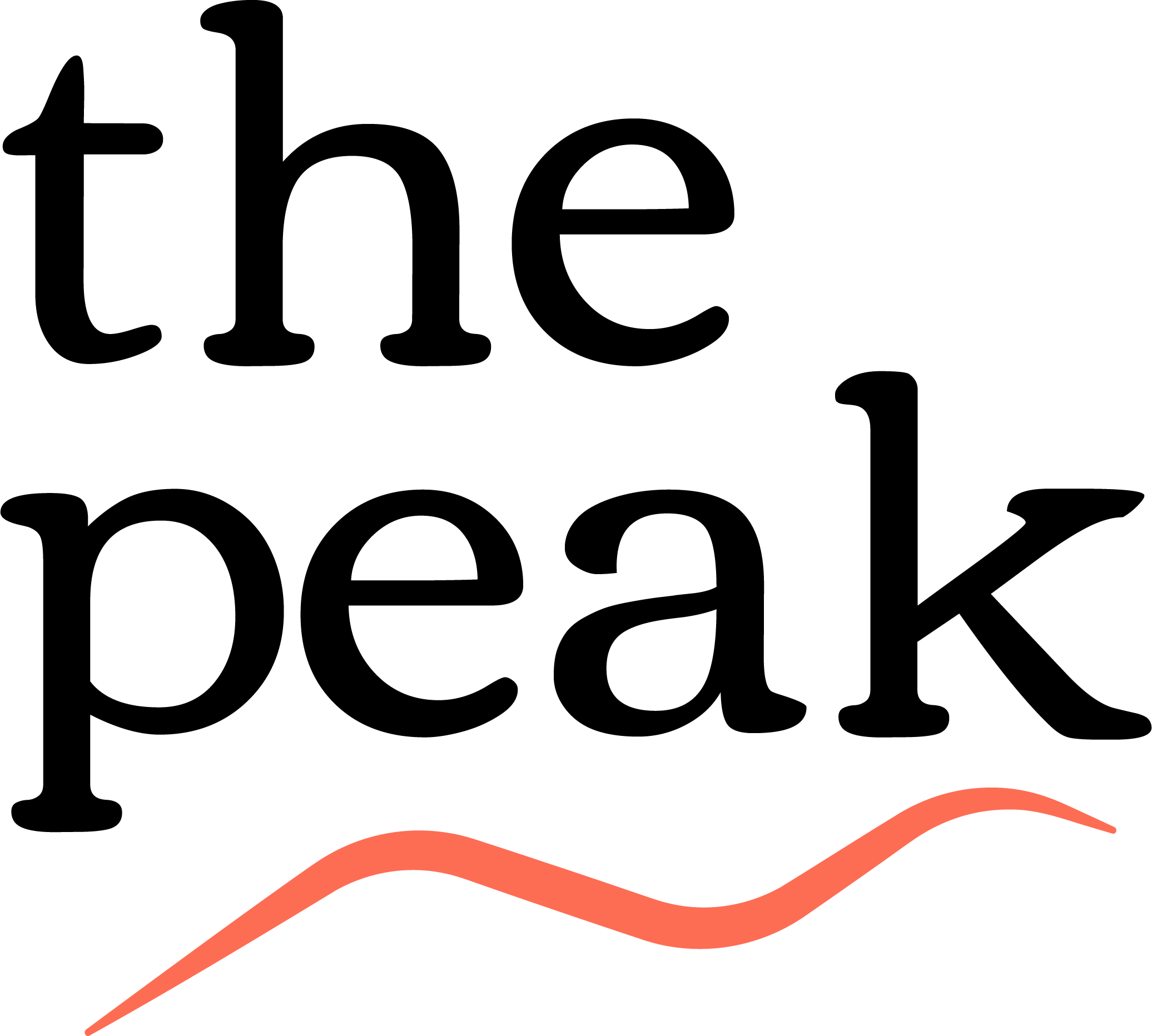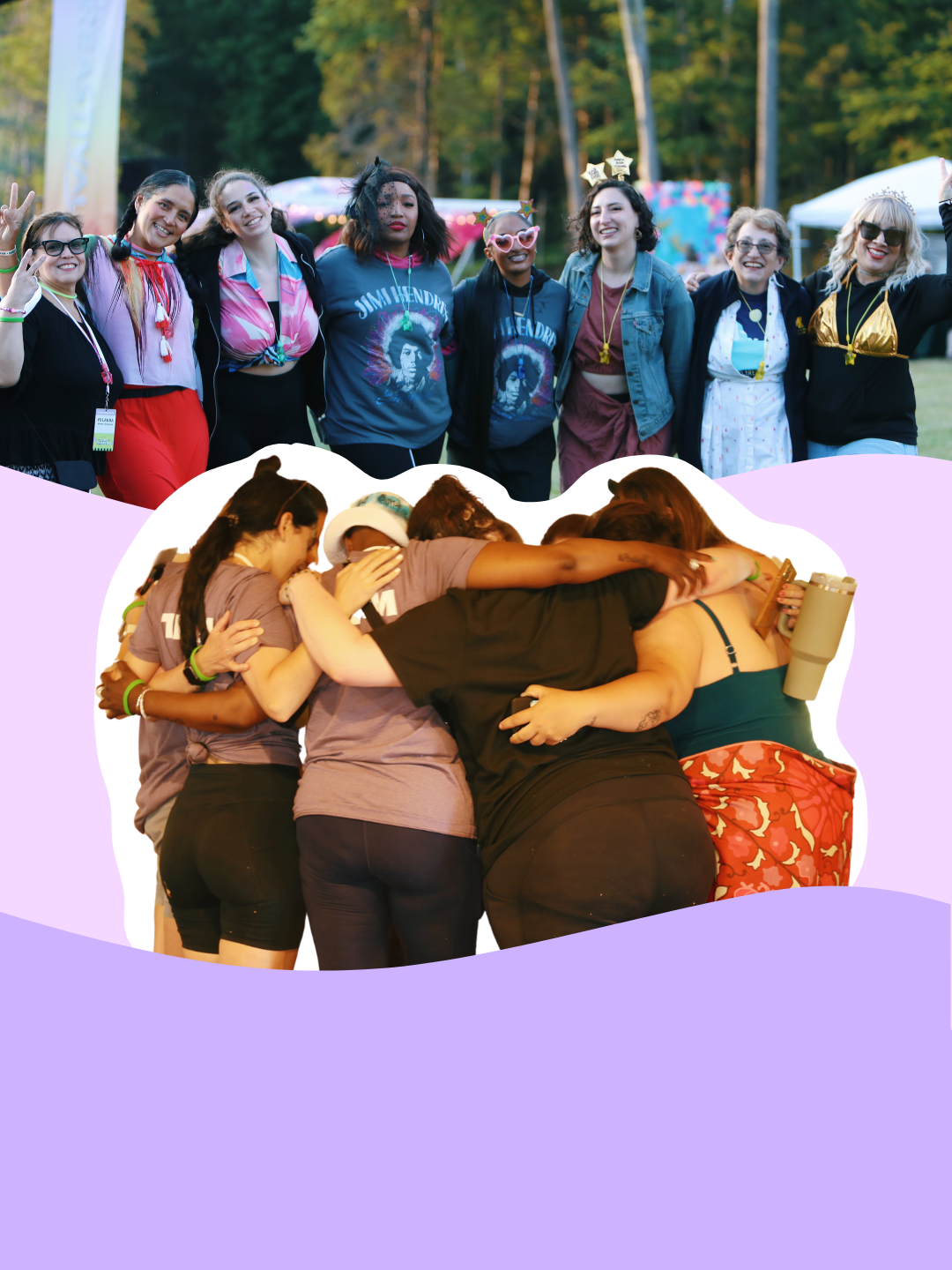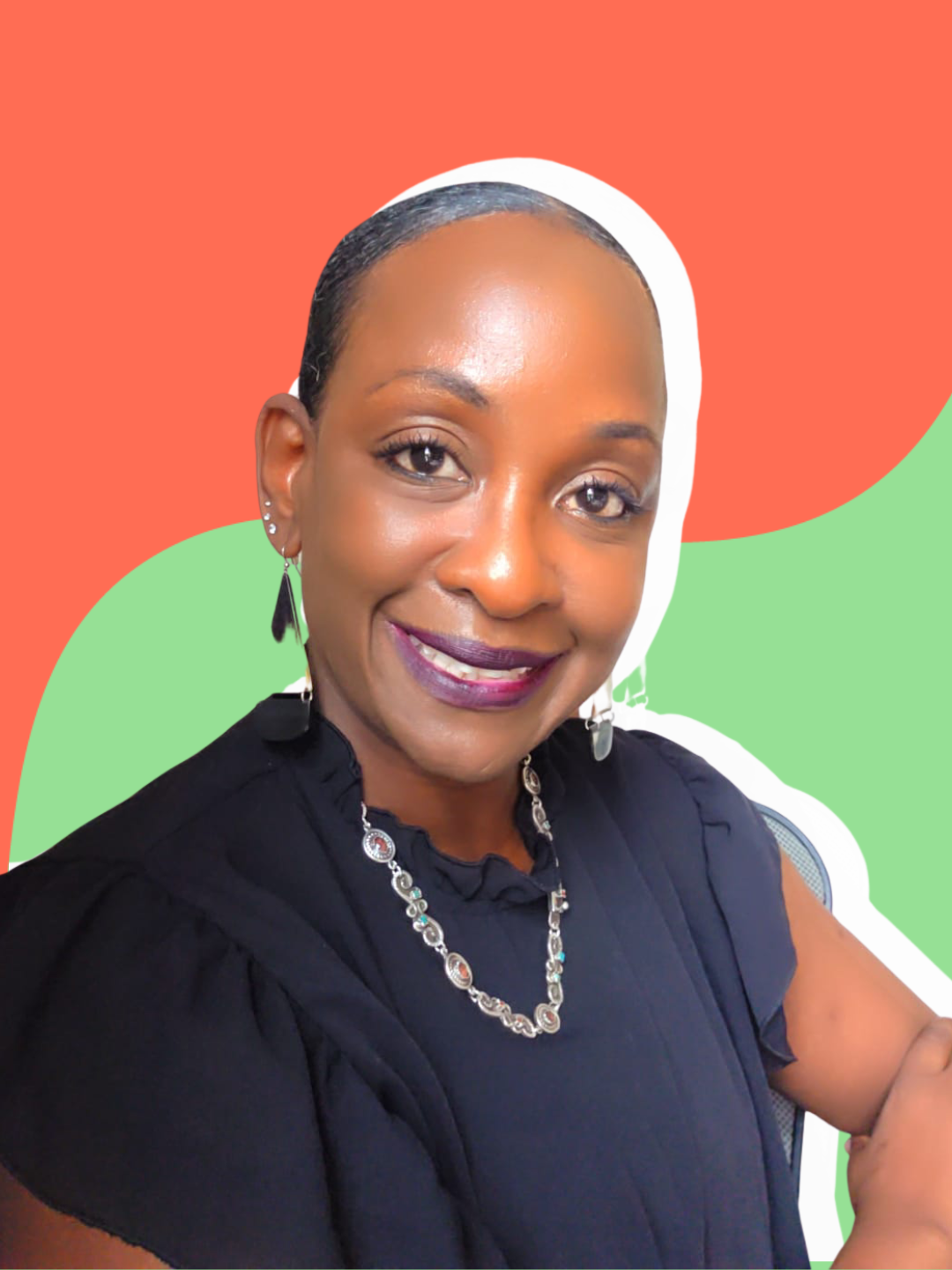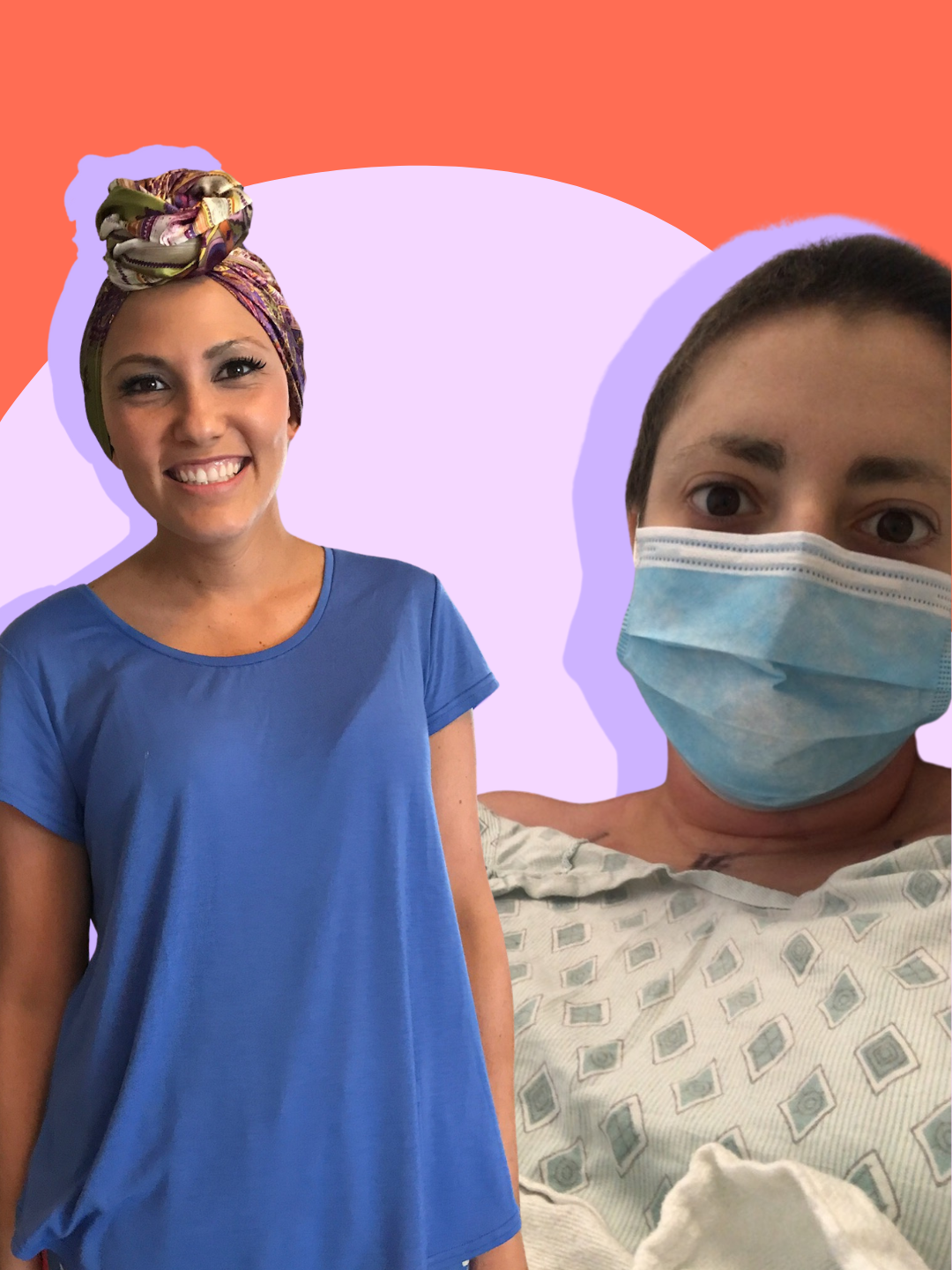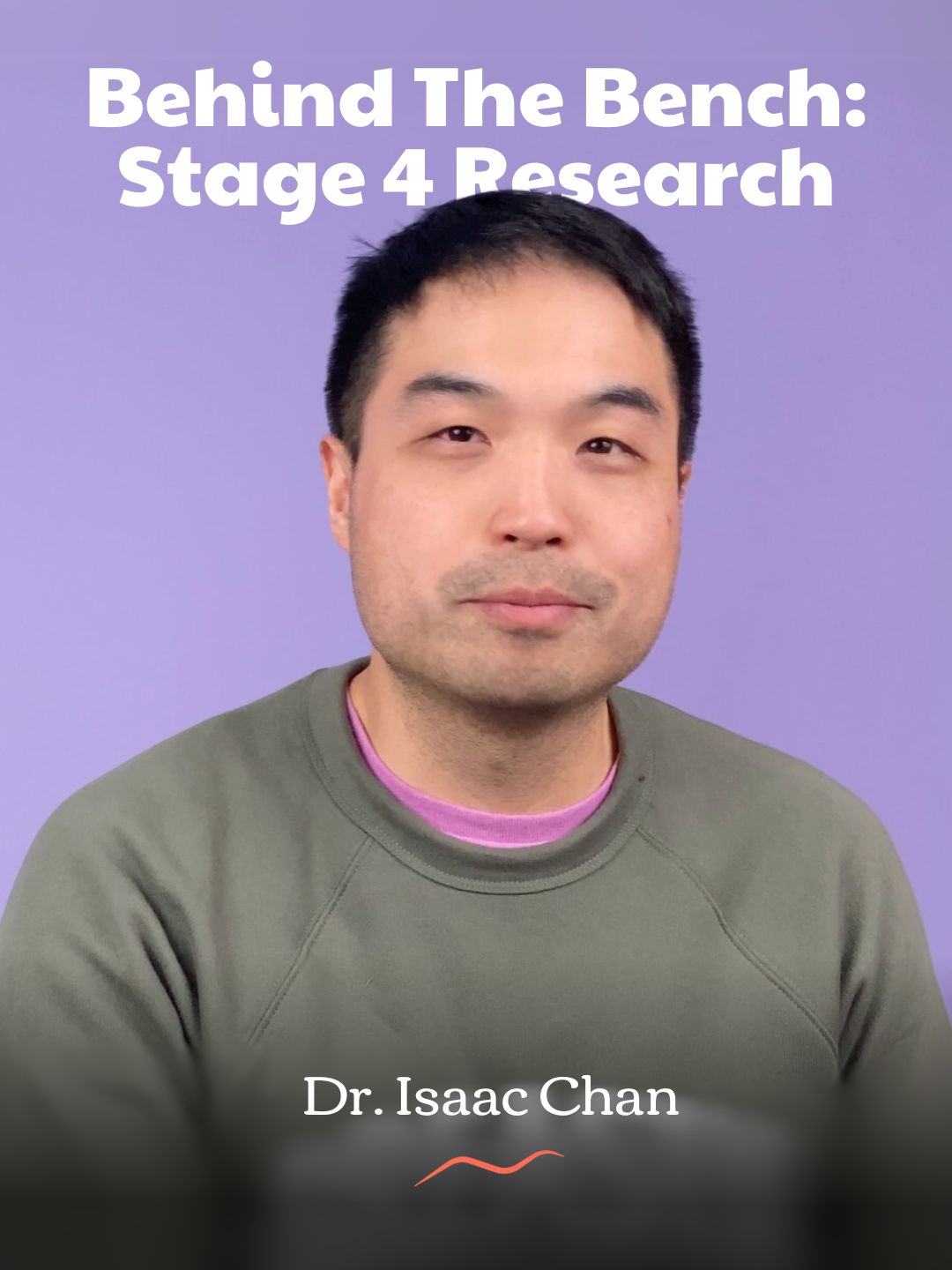Facing a diagnosis can be a scary, isolating experience. So what can you do to lighten your mental load?
To put it simply, tap into your community and embrace support.
“Social support is one of the most important factors in helping patients maintain their health,” read a 2010 study originally published in Chinese Medical Journal, which examined the interconnectedness of hope, coping styles, and social support for breast cancer patients.
In it, researchers found that “patients who receive social support have higher hope levels than patients who do not.”
What constitutes social support can vary, it explained. One’s support system may include the care of their medical team while others might rely more heavily on a boost in morale from their family, friends, and other members of their social circle.
And these are not one-off findings. Another study published in the journal Supportive Care in Cancer also saw a positive correlation between social support and quality of life for young adults living with advanced cancer.
“Higher levels of total social support were associated with better psychological and existential quality of life and less severe grief,” it said. Further, it continued that the “availability of someone to talk to about problems was also associated with better psychological and existential quality of life and less severe grief.”
Taking back control
But why does support make such a difference?
Some research has found that “reframing,” or redefining one’s situation, may play a role.
Researchers at Kaiser Permanente explained that “navigating social support involves actively constructing one’s own definition of the situation, understanding one’s role, and one’s emotions in a broader context of emotion management.” Positive outcomes of such an experience, it continued, can include “the search for meaning, gaining a sense of control, and enhancing one’s self-esteem in relation to coping with a crisis.”
Such was the case for Katrina Williams, a childhood cancer survivor and PTEN genetic variant carrier. After forming connections and community with her biweekly physical therapy group, Williams decided to train to become a fitness trainer so that she could help others as a final step in their recovery process.
“It’s a weird situation, but better to know that you’re not alone,” she said.
Feeling (and avoiding) the burden of support
However, accessing and receiving support does not come without its challenges. After interviewing nearly 50 breast cancer patients diagnosed at various ages and stages, the same Kaiser Permanente research team reported that 70 percent of the people they spoke to mentioned feelings of burden and emotional strain when talking about requesting or receiving social support.
“They … described pressure to reassure family and friends that they would be ‘okay’,” the study said.
Falon Stahley, a Virginia-based Breastie, understood that pressure, but says finding a community of people living similar experiences through The Breasties has eased that burden.
“In this community, it has been great connecting with others who are going through something similar because you don't feel guilty burdening them with how your feeling because they are most likely feeling something similar, “ said Stahley, who was diagnosed with Stage 2 Triple Negative Breast Cancer (TNBC) at 30 years old.
“I have connected with a few new Breasties and it has been so amazing to get so vulnerable so quickly. You don't have to worry about waiting to ask a sensitive question or waiting to talk about something personal or hard. For some reason it's just understood that we can all be vulnerable from the beginning, and it's truly incredible to connect and support others on that level,” Stahley explained.
For Nancy Pesses, a 33-year-old previvor from New Orleans, LA., finding community also meant finding answers.
“I think I would have had a much harder time emotionally and have been less prepared physically for my double mastectomy and reconstruction surgery had I not connected with others in the community who were able and willing to provide and share their lived experiences with me,” she said.
As an example, Pesses explained that speaking to others who had been through the flap reconstruction she was about to have prepared her for the unexpected physical impacts of the procedure, such as how her new breasts would feel heavier because of the weight of the fat tissue used to reconstruct them.
“Talking to and connecting with others throughout this journey has made me feel less alone, and thus gives me the strength to press on, as well as a strong desire to help other Breasties in similar spots as I was in not even a year ago,” she said.
Looking for a way to find your cancer community? Join us at Camp Breastie!
Camp Breastie, taking place from June 6 to 9, 2024 in Kent, CT, is an annual four-day summit where 600 people impacted by breast and gynecologic cancer gather for community, advocacy, and education. Learn more and get your ticket today!
